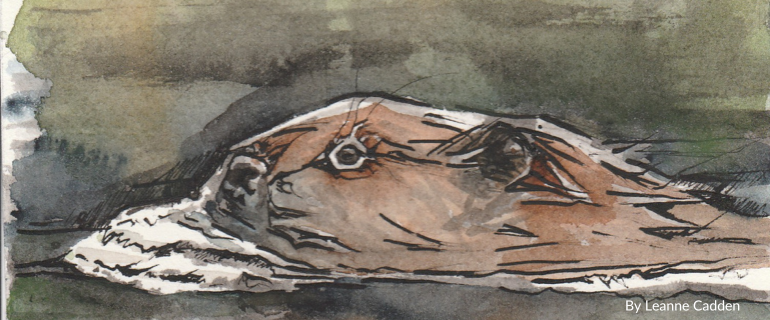Nature based Solutions: Employing Nature’s Best Engineers
An interesting article in The Conversation, is titled When building Indigenous infrastructure, build relationality like beavers. I think beavers can show us the way as well towards regeneration.
The article presents the lack of access to high speed infrastructure by First Nations. The author proposed looking at how beavers build their dams— while forming a physical blockage, the dam also regenerates the environment around it. This is a natural example of working in harmony with nature because everything is interconnected, and we can use a relational approach to building infrastructure in a way that also supports regeneration, all the while disrupting the current power imbalances in designing infrastructure, particularly internet access to Indigenous Communities. In the way that beavers create dams which benefit entire ecosystems, Indigenous knowledge emphasizes building in ways that nurtures relationships between people, land, and water.
